How do you know if you have a good business idea?
Every startup starts with a dream – but how do you know if your dream will actually work?


Sign up today and you will receive a free copy of our Future Focus 2025 report - the leading guidance on AI, cybersecurity and other IT challenges as per 700+ senior executives
You are now subscribed
Your newsletter sign-up was successful
This editorially-independent content was paid for by HP - thanks!
Every business starts with an idea, but working out whether you have a good idea or not is a key skill for any budding entrepreneur. So what are the things you should look for in a good business idea?
Your starting point should always be YOU. No matter what the idea, you should begin by asking yourself a simple question: "Do I have the passion, commitment and determination to see this through?" If the answer is no, then no matter how good your idea, you won't make it work. Consider, instead, looking for an existing company that will support your idea and help bring it to life. You won't build a business, but you might be able to see your idea happen.
The skills
That's just the start. The next question is whether you have the skills and knowledge to make it work. Examine your idea closely: is it an idea that you can bring something to? If not, who do you need to work with to make it happen? Start working with them now they can help sanity-check whether your idea is a good one, something that's been done before, or just not viable.
The next thing to think about is your ultimate goal. Are you in business to build a business, to bring your idea to life, or simply to make a living doing something you love? All these are perfectly good reasons to start a company, but knowing why you're doing this will help you and any potential investors or partners understand the shape of your company and the limits of your idea.
Once you've clarified all these points, you can start to test your idea. The first test is a simple one: who are your customers? And, if your idea is a digital business, who are your users?
What's the difference? Sometimes there isn't one: for example, if you're a retailer, the users of your website will also be (hopefully) customers. On the other hand, if your business is supported by advertising, your customers are the advertisers, and the people who come to the site are your users and you'll need to account for both. Be clear about who the customers are, because they pay the bills. Be clear, too, on the size of the pool of customers. In other words, do some market research: you can never know too much about the customers you want to get.
Sign up today and you will receive a free copy of our Future Focus 2025 report - the leading guidance on AI, cybersecurity and other IT challenges as per 700+ senior executives
What's it worth?
The next question can be quite a complex one to answer, but it's key to knowing if you have a good idea: what's it worth to people? How much will they pay for it? If the answer is "nothing", you have a problem even if what you do is supported by advertising, it needs to be of some value to users. You need to understand your potential competitors in order to work out the pricing, so this is a great point at which to do some competitor research.
This is where the fun starts: start testing your idea by talking about it to as many people as possible. Friends, family, strangers in the street okay, not them, but basically anyone you know and a few people you don't. Find an excuse to test your business idea on as broad a base of people as possible. Don't think that you need to keep your idea secret at this stage, you have far more to gain from talking than you could lose.
Talking will also help you with the next and arguably most important stage: honing your pitch. Can you express your business idea in 25 words? If you can't, that's a problem because all the best business ideas are simple and compelling enough to be communicated in a quick, snappy way. Don't worry if you don't get this right first time. Test the waters of your pitch with the people you're talking to, and if it's a good idea the pitch will come eventually.
And, finally, the hardest part of all: how much money will you need to deliver your business idea? What will be your expenditures and overheads over the first year? If the amount of money required to make your idea come to life is sizeable, can you stagger the investment over time? And don't forget contingency money for emergencies if delivery of your amazing widget is delayed by two weeks, you don't want this to cause your entire business to fail. So be realistic, and you'll have more chance of surviving.
-
 Palo Alto Networks CEO hails ‘the end of identity silos’ as firm closes CyberArk acquisition
Palo Alto Networks CEO hails ‘the end of identity silos’ as firm closes CyberArk acquisitionNews Palo Alto Networks' CEO Nikesh Arora says the $25bn CyberArk acquisition heralds "the end of identity silos" for customers, enabling them to supercharge privileged access management.
-
 Google says hacker groups are using Gemini to augment attacks
Google says hacker groups are using Gemini to augment attacksNews Google Threat Intelligence Group has shut down repeated attempts to misuse the Gemini model family
-
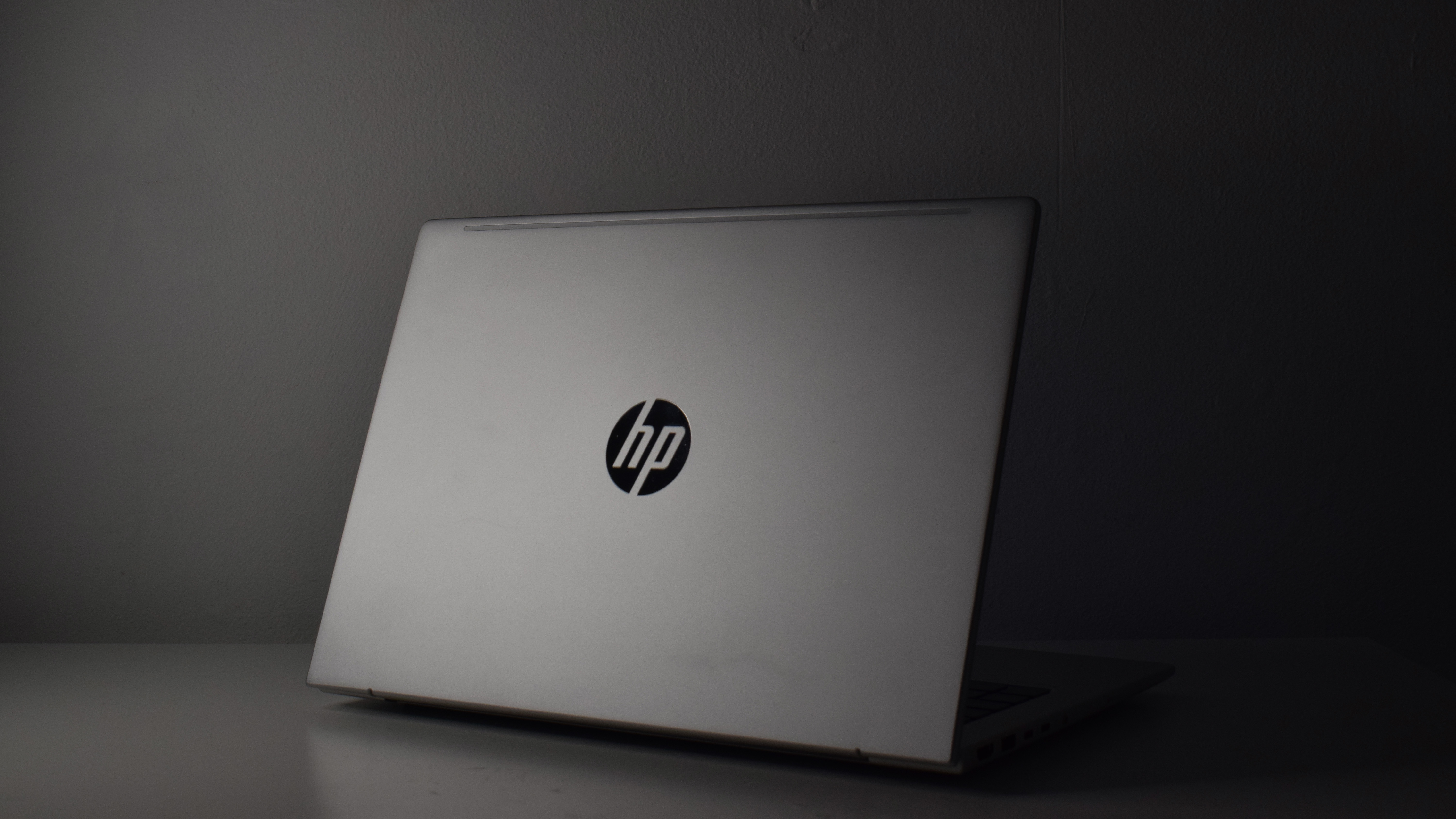 HP ProBook 4 G1a review: A no-frills business machine for the average office
HP ProBook 4 G1a review: A no-frills business machine for the average officeReviews A serious but dull business laptop, however, HP's ProBook 4 is a decent middle-tier machine
-
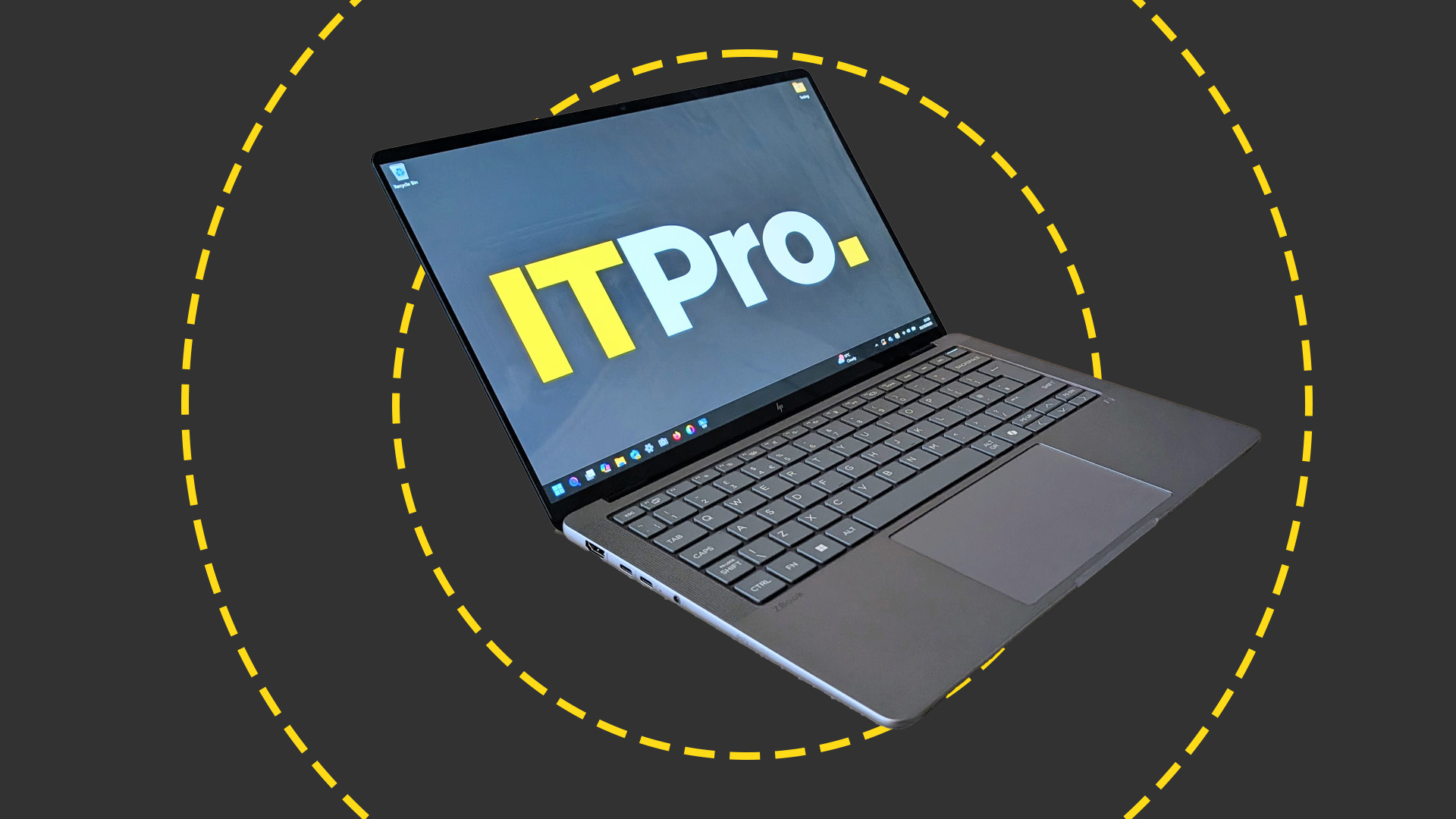 The HP ZBook Ultra G1a offers truly impressive levels of performance – a genuine game-changer
The HP ZBook Ultra G1a offers truly impressive levels of performance – a genuine game-changerReviews AMD's new Ryzen AI Max+ 395 redefines what we can expect from a laptop chipset with an integrated GPU and delivers outstanding performance
-
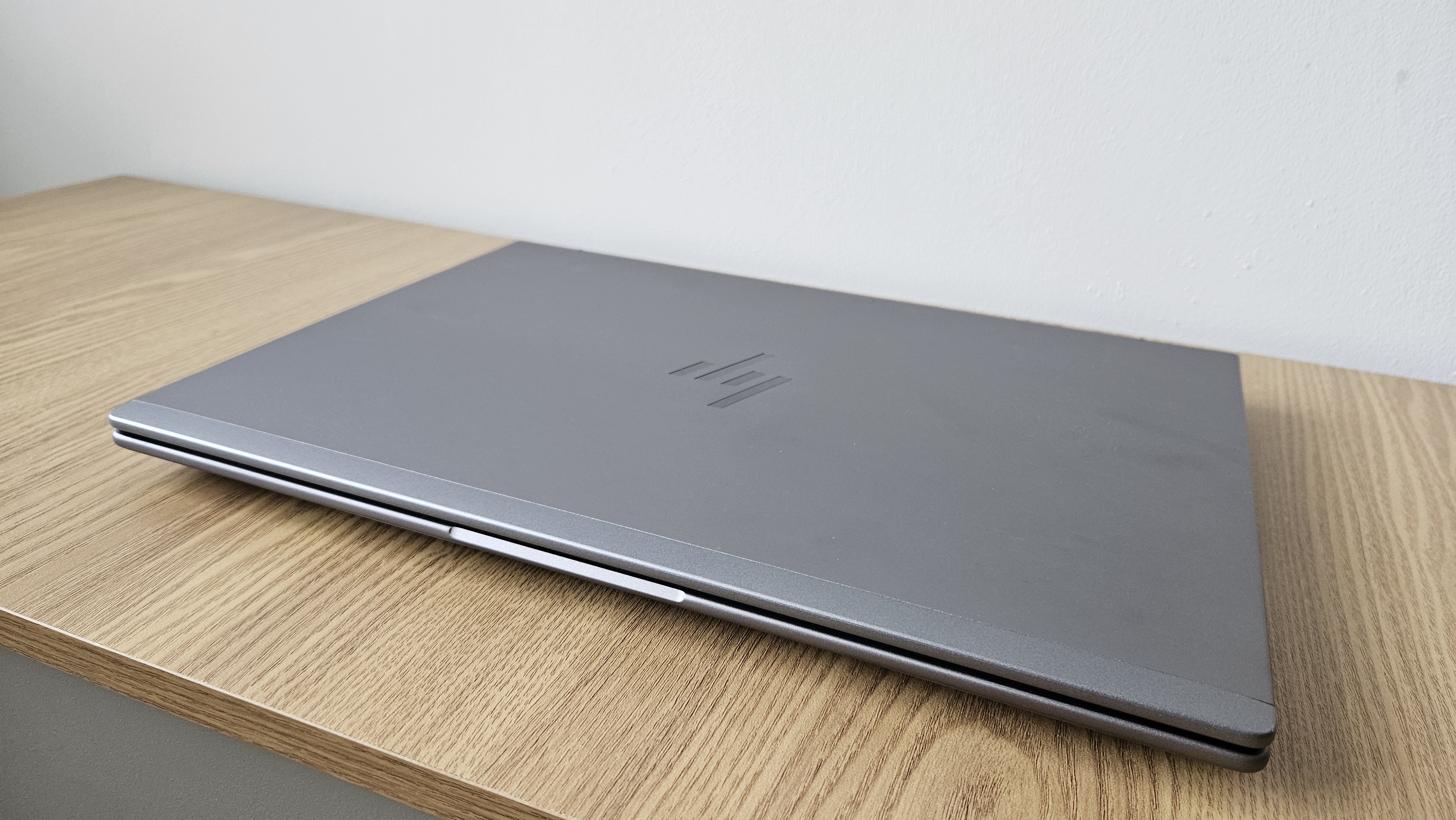 The HP ZBook X G1i is a full-throttle juggernaut – you couldn't ask for much more from a workstation
The HP ZBook X G1i is a full-throttle juggernaut – you couldn't ask for much more from a workstationReviews The HP ZBook X G1i offers almost everything you could want from a workstation, and it's delightful to use
-
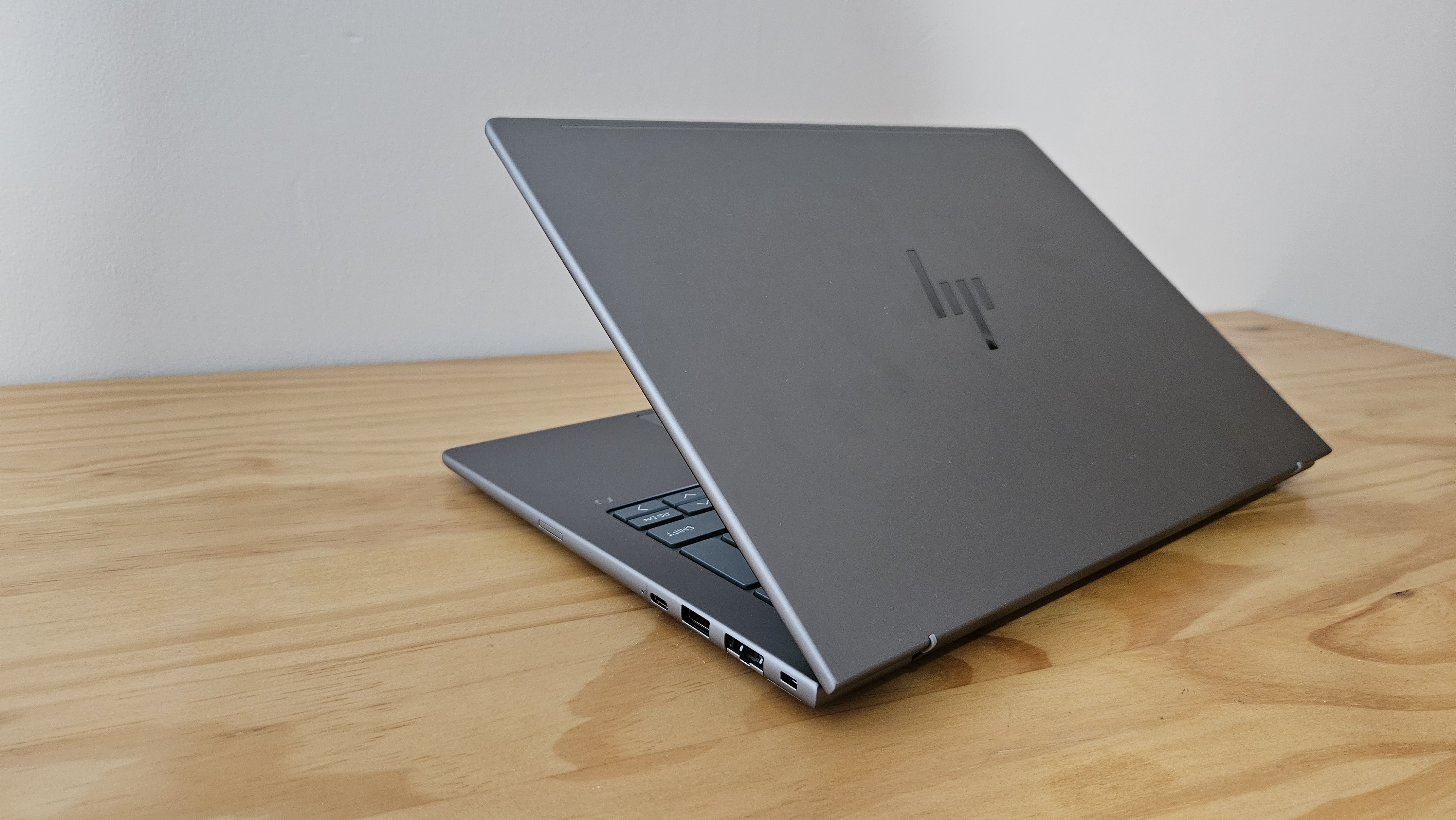 HP ZBook 8 G1ak 14 review: Plenty of promise but falls short
HP ZBook 8 G1ak 14 review: Plenty of promise but falls shortReviews This portable mobile workstation promises so much but fails to deliver in a few key quarters – meaning it's hard to justify its price tag
-
 We're in the age of "mega-tasking," and here's what HP is doing about it
We're in the age of "mega-tasking," and here's what HP is doing about itnews The world's first ultrawide conferencing monitor and a Nvidia-powered workstation aim to tackle our growing work demands
-
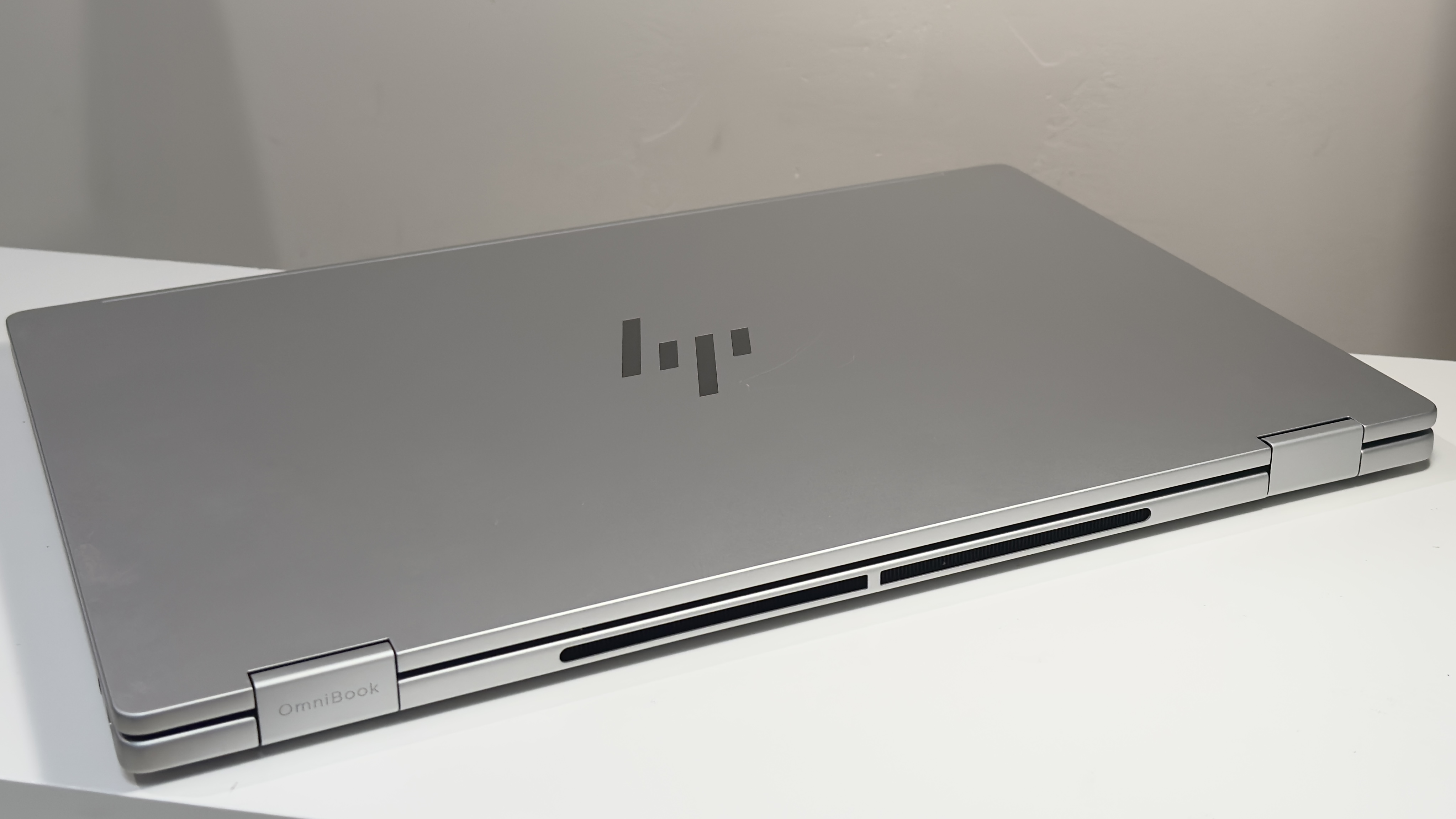 The HP OmniBook X Flip 16 is a brilliant, big, beautiful 2-in-1 laptop – but it's also an absolute bargain
The HP OmniBook X Flip 16 is a brilliant, big, beautiful 2-in-1 laptop – but it's also an absolute bargainReviews HP pairs a gorgeous OLED touchscreen with a smart 2-in-1 design – the result is a superb everyday laptop for sensible money
-
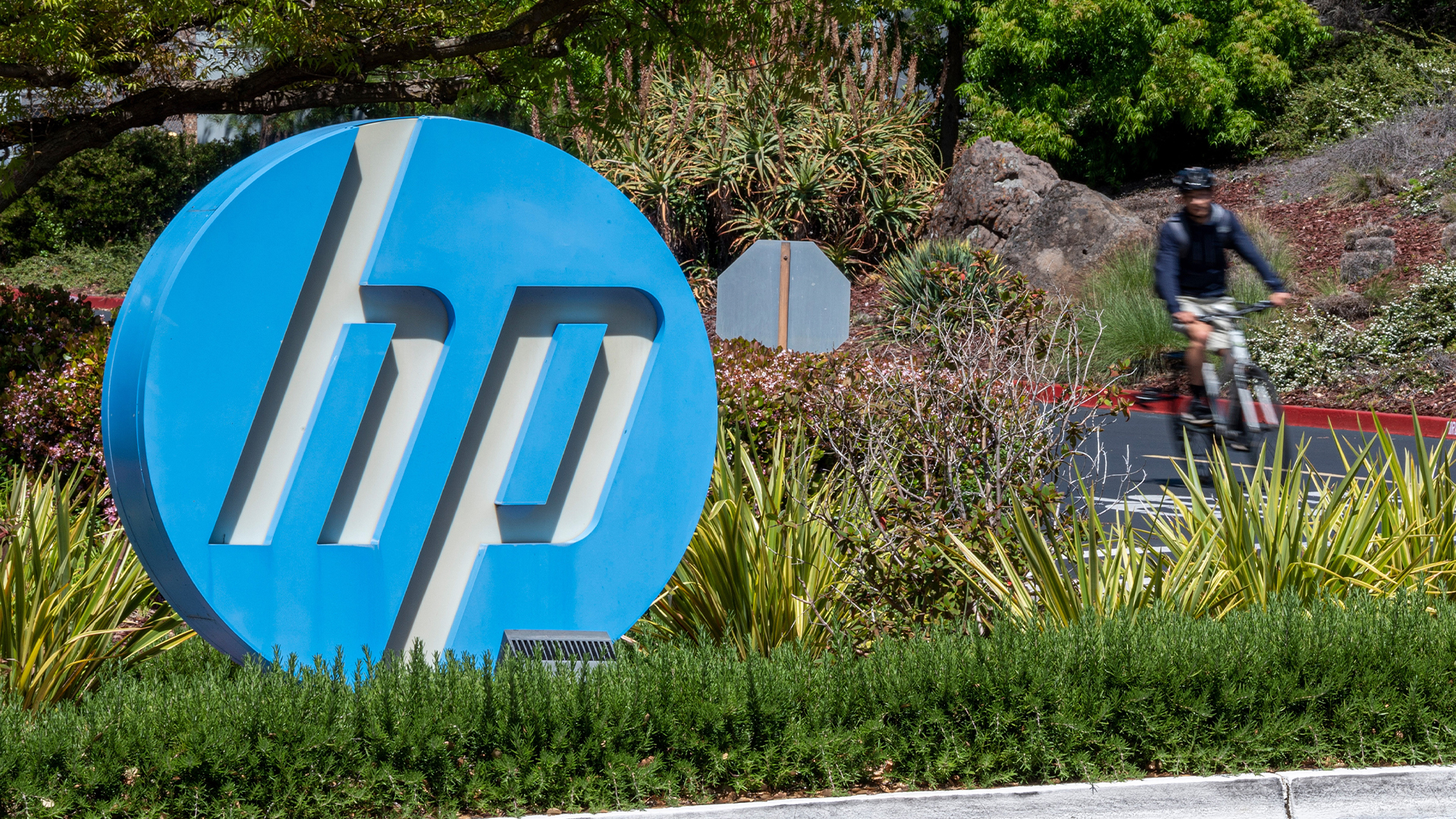 AI PCs are paying dividends for HP as firm reports sales surge
AI PCs are paying dividends for HP as firm reports sales surgeNews HP has pinned recent revenue increases on Windows 11 and AI PC sales
-
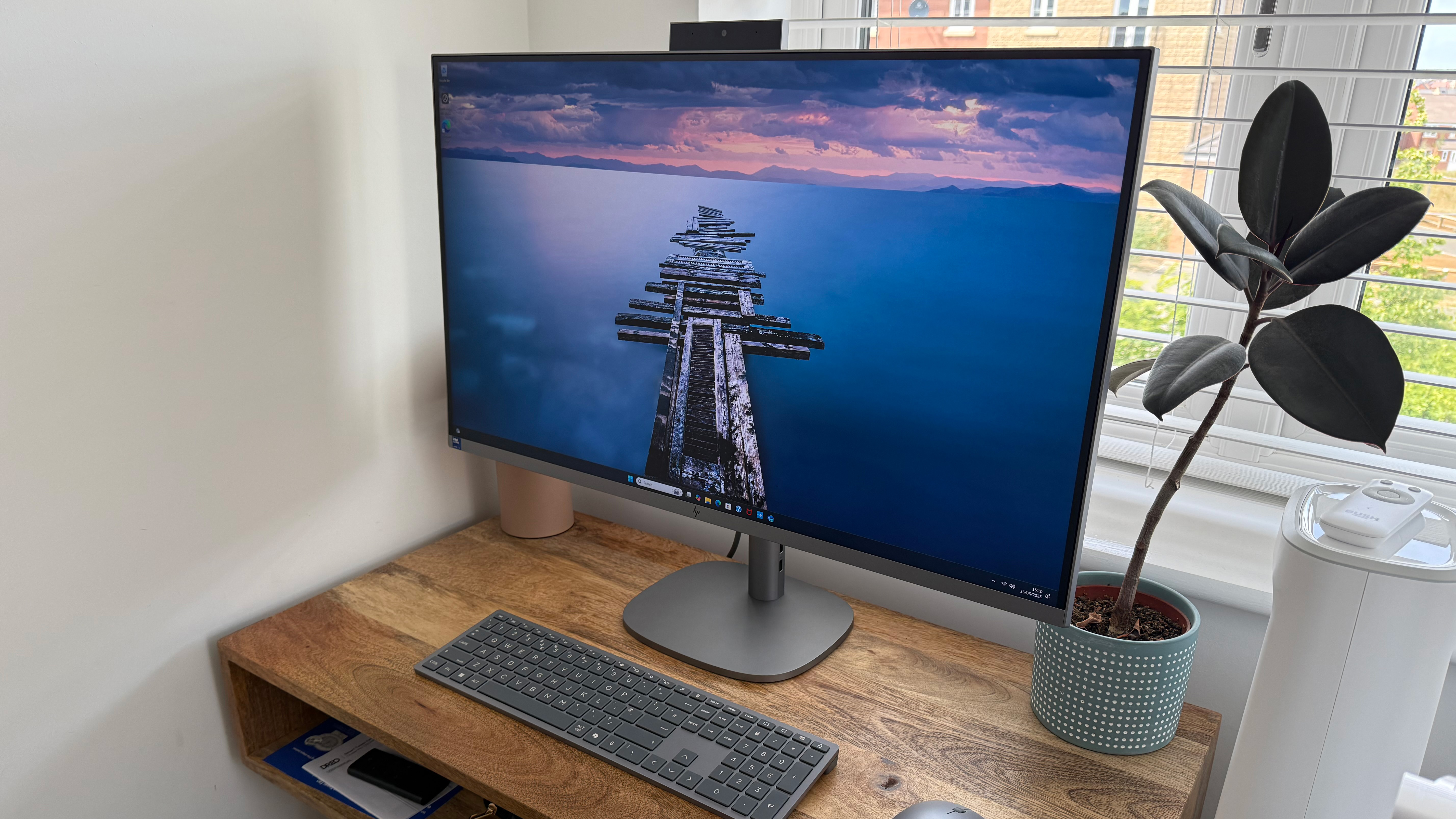 The HP OmniStudio X is a powerful, design-led all-in-one for creative work – but it could do with a stronger GPU
The HP OmniStudio X is a powerful, design-led all-in-one for creative work – but it could do with a stronger GPUReviews HP's answer to the iMac is a premium all-in-one that blends powerful performance with sleek design